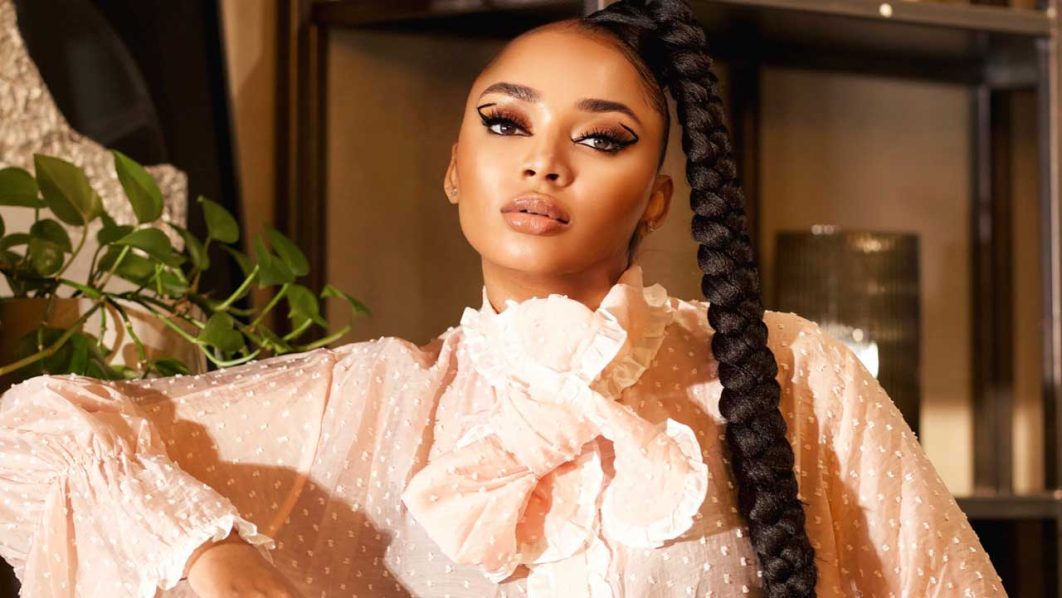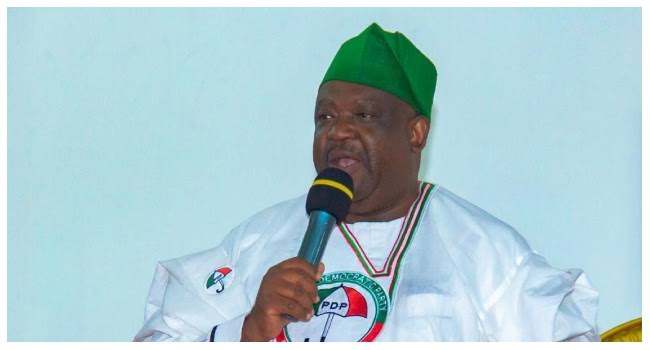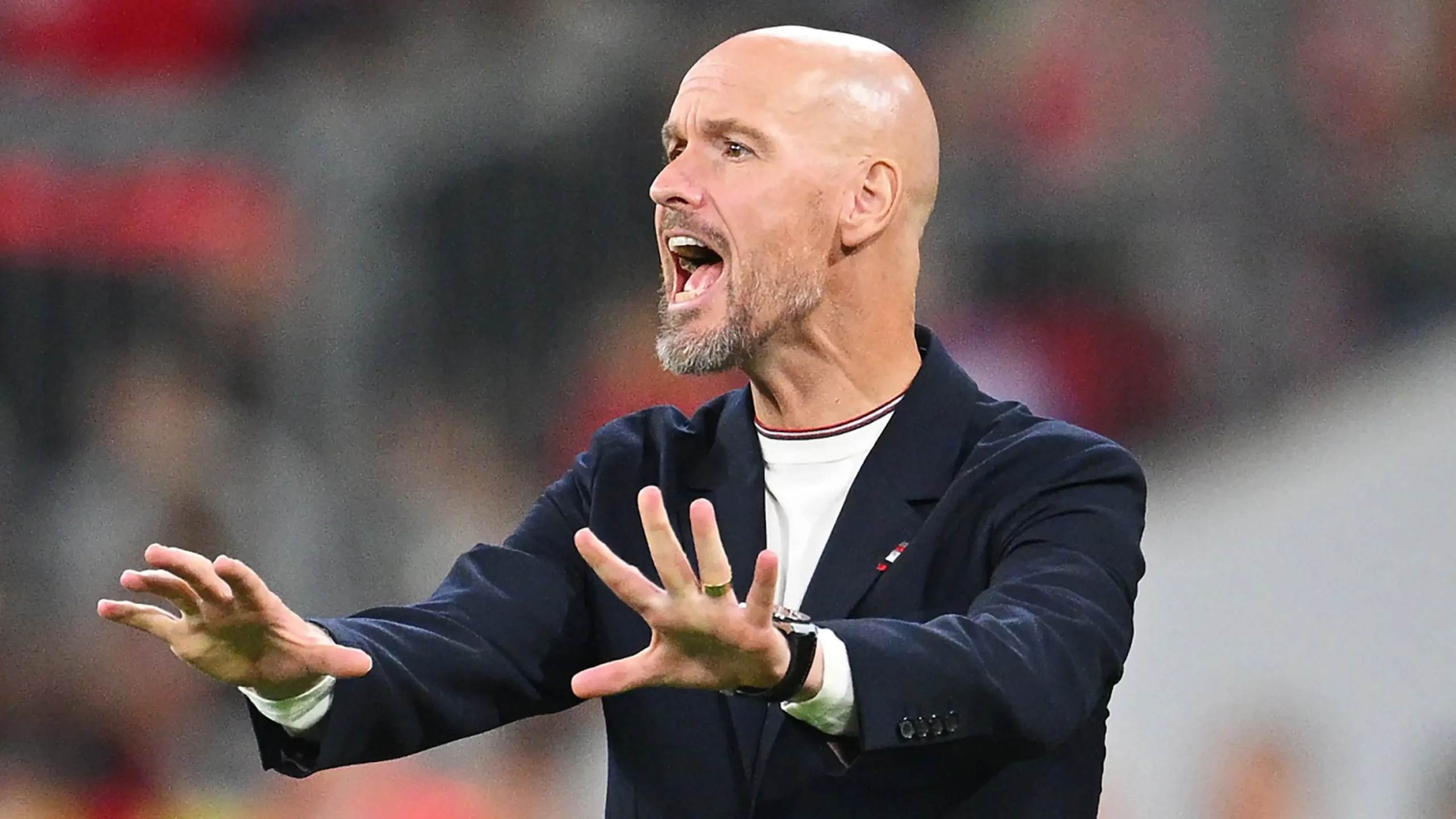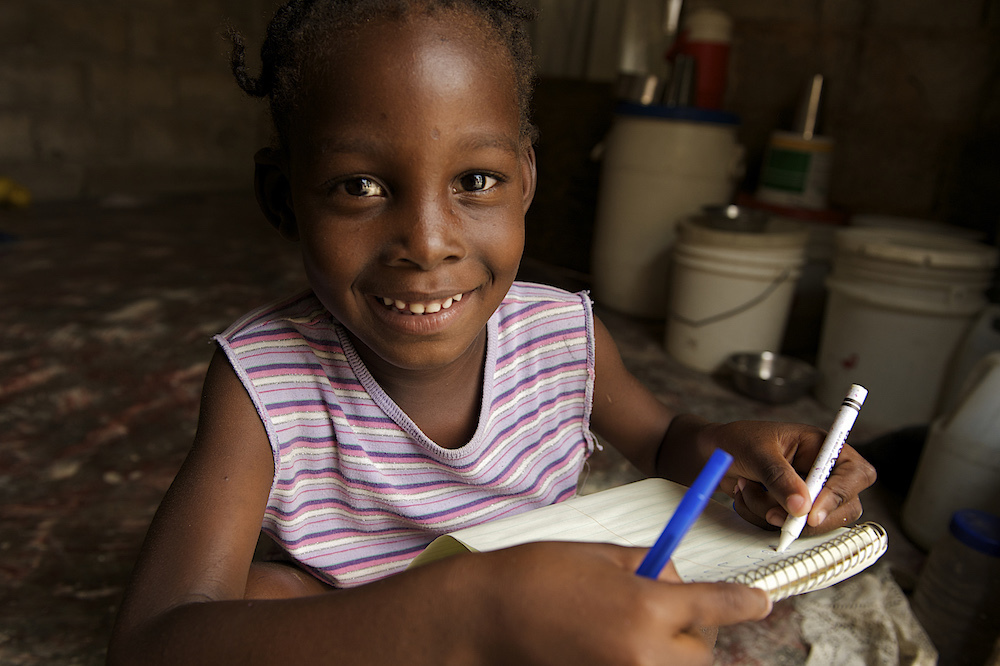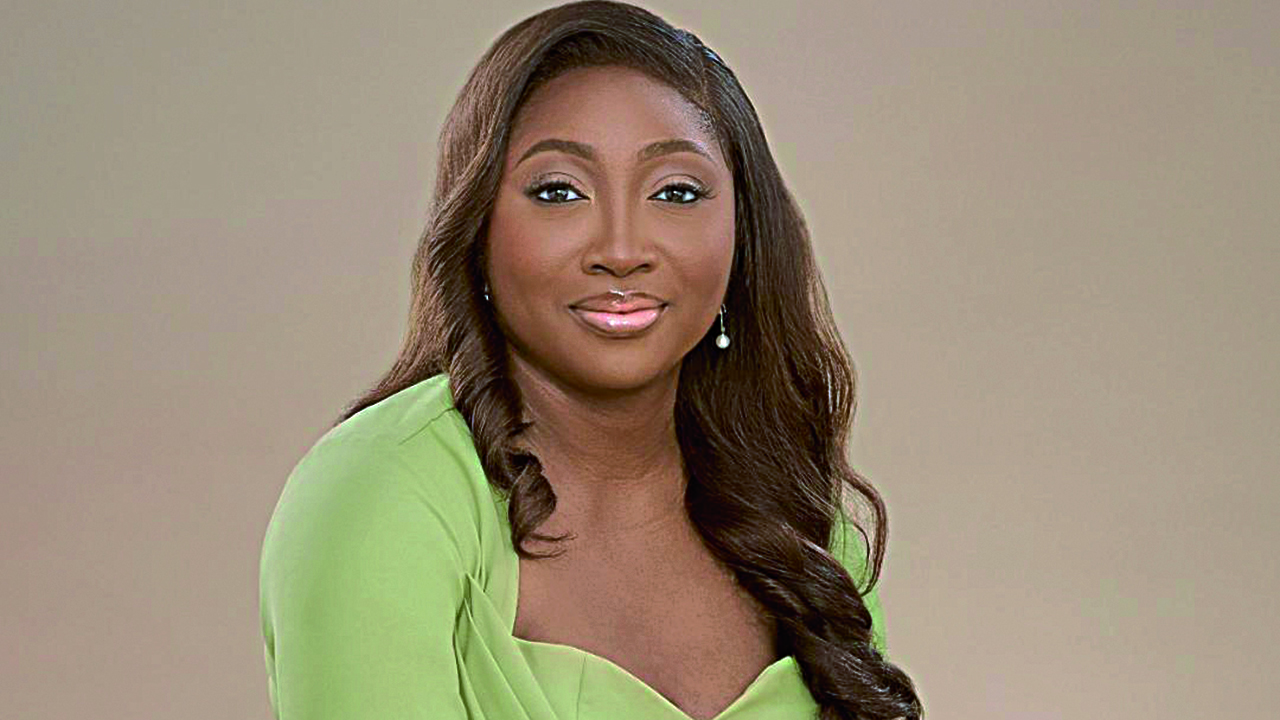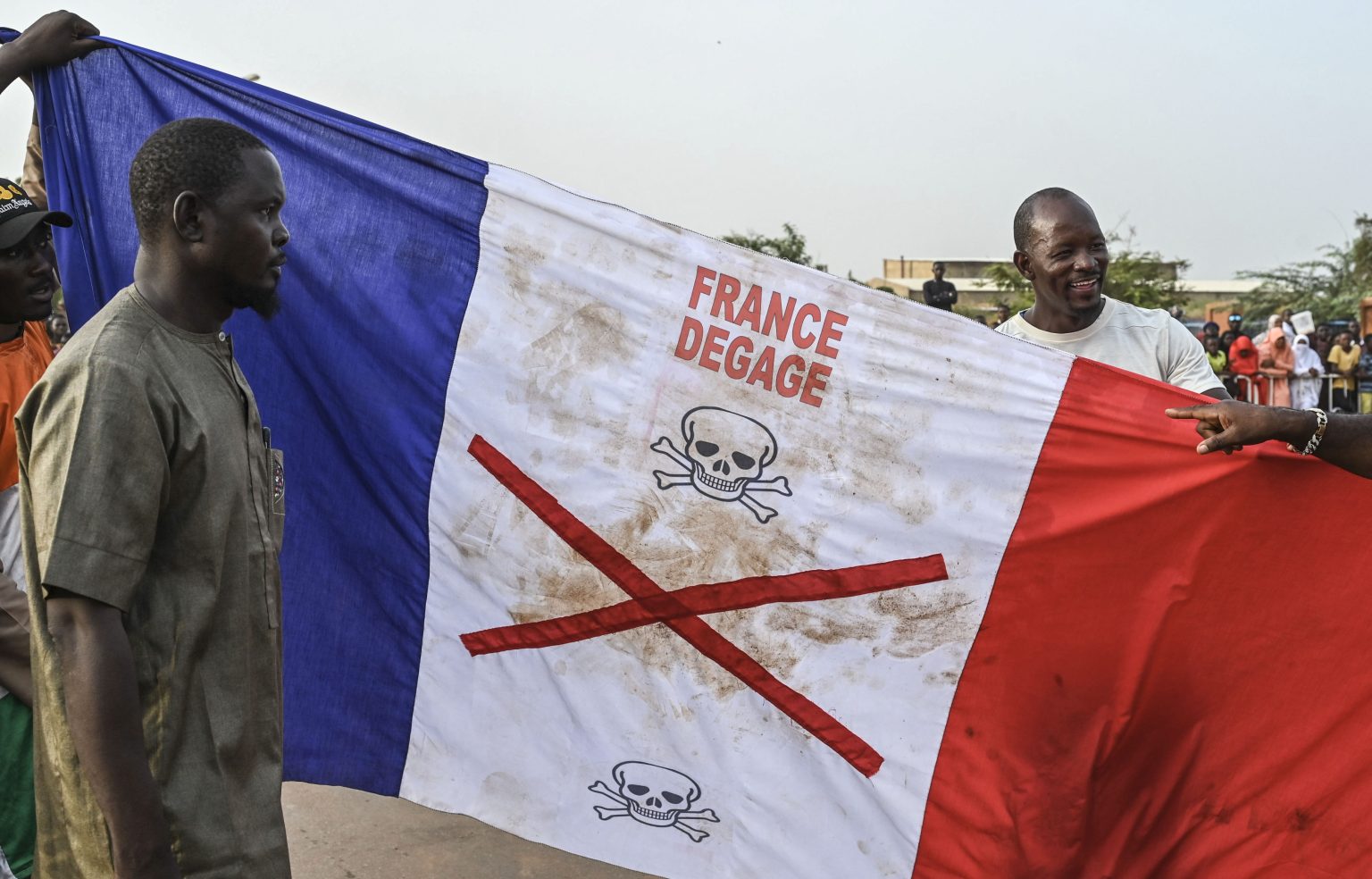Dr. Cynthia Chisom Umezulike is a London-based human rights lawyer, lecturer in Law, researcher and activist. A graduate of Law from Igbinedion University, she obtained her first Master’s degree from Queen Mary, the University of London, focusing on Human Rights Law, and a second Master’s degree in International Law and Criminal Justice from the University of East London. She holds a Post Graduate certification in Teaching and Learning in Higher Education (IV) at the University of Worcester.
Umezulike got a Doctorate Degree in Law from Birkbeck, University of London and is a recipient of the Gilchrist Trust special notation recognising outstanding PhD research across the Birkbeck, University of London. She provides expertise in human rights due diligence consultation for international organisations, including the United Nations and is also a law lecturer at the University of Buckingham. She is the Director of International Human Rights Programmes at the Human Rights Centre, London, Co-chair of Hon. Justice Innocent Foundation and the convener of the annual International Conference on Human Rights, Sustainability and Climate Change. In this interview, Dr. Umezulike speaks about her work as a human rights expert, living her father’s legacy and how women should evolve.
Take us through your path as the Director of Human Rights in Fashion Centre, London?
In the last few years, I have actively consulted for international organisations in the UK and Switzerland on best practice initiatives in applying human rights due diligence in supply chains. I guided implementation procedures that effectively and proactively mitigate human rights risks negatively impacting working conditions. I also ensured successful compliance with due diligence guidelines in the UN Guiding Principles on Business and Human Rights and Economic Co-operation and Development (OECD). In proactively working in the human rights field, I immediately realised that there was an urgency to blur the borderlands between fashion and human rights. However, I faced the complex process of influential organisations changing their policies to lead to a better fulfilment of human rights beyond cosmetics appearance. The centre, therefore, leads global human rights in fashion conversations by tackling the problem from the grassroots rather than the redundant approach of third-party consultation. We recently commissioned cutting-edge research, which examined how institutions enable human rights violations in fashion through exclusionary education – surveying over 60 fashion institutions in the UK and the US to explore the level of human rights awareness and protections within its structured curriculum. The research outcome will provide a benchmark for fashion institutions to reflect on their current scope of education and expand their curriculum to reflect transcending human rights issues.
Why is human rights centre in the fashion industry vital?
A key focus for the Centre is the intersection between fashion, human rights and climate change. In a previous role, as the Global Head of Legal and Governance at one of Europe’s largest private jet aviation companies, in London, I was miserable because I didn’t feel I was doing meaningful work in a private air environment that accounted for 2.5 per cent of global CO2 pollution. The employment benefits in this company were entrancing enough to deep- seat anyone, however, for a person whose educational background and training are grounded in international human rights law, I faced the ethical and moral problem of enabling a system that disregards climate change crises and embedded wasteful habits. We are facing a global emergency, and climate crises will not suddenly disappear without conscious action. The 2021 World Economic Forum report established that fashion and its supply chain models are responsible for five percent of the world’s greenhouse gas emissions and, therefore, the world’s third-largest polluter.
The impact of human miscellaneous supply chain activities has triggered the earth’s reverberation. We are experiencing the revolt through extinctions (882 extinct species), drought, wildfires, extreme storms, melting glaciers, and rising ocean levels – all impacting humans’ socioeconomic and cultural rights. Human rights in fashion centre is the first organisation to bridge the gap by combining cutting-edge research with advocacy and campaigning for climate justice and a rights-based fashion industry.
How passionate are you about your work and how do you balance your many sides?
I am still very much an 8 am to 9:00 pm working girl. There is a daily interplay between my human rights consulting work for international organisations, law lecturing and directing HRFC. I currently fulfill all roles full-time. I am incredibly passionate about providing my expertise to international organisations in developing policies that shape the implementation of human rights. I also love teaching human rights law, which guides students to develop an in-depth understanding of human rights traditional perspectives and gain advanced conceptual understanding in applying human rights principles. I am also exploring developing a fashion and law module that looks at the intersection of fashion, climate change, sustainable development and environmental justice. The Human Rights in Fashion Centre and the Umezulike Foundation I co-chair run on autopilot because of the dedicated staff team working relentlessly to accomplish the missions. Convening the International Conference on Human Rights, Sustainability, and Climate Change is extremely tasking. The truth is I get overwhelmed and feel out of balance. I enjoy everything I do and deeply love the hustle. However, I want to transcend to a place where I can edit, scale back and find proper balance in living life and working.
You are a Black woman in a white space. How do you manage racism?
The truth is that systemic racism (covert or overt) exists in white spaces and is an intentional tool of oppression. The fundamental reason racism thrives is that people of colour have to embrace white normative standards to forge ahead within those spaces. Most people who work within institutions have unintentionally conformed or contributed to normalising the white experience because they do not want to challenge the power dominance, which can impact their career trajectory. Women of colour face triple these issues because there is a lack of admission that gendered racism is prevalent – engraved in sexism and inequality. In recent years, there has been an explosion of BAME-driven advocacy projects and diversity and inclusion rhetoric, including hiring racial equality leads to tackle systemic racism. However, I question the legitimacy of the PR-laden racial discourse programmes and struggle to see how the system can change when the racist perpetrators remain at the tier helm of control. Human beings construct and perpetuate racism – the institution, organisation, company or firm is the idealistic cocoon deliberately created to hide the racists.
If you had the power, what would you change about the African woman?
I will equalise power distribution by providing equal opportunities and elevating women into high positions in public service. I will also change the masculine dominance and patriarchal engraved mindset of African women, which is pre-conditioned to aspire to marriage and reproduction. In an environment that actively participates in shadow banning women, African women must dominantly and loudly reiterate their achievements regardless of how insignificant it appears to the next person. When women hide their successful track record, they remain domiciled, obscured and relegated to the background.

